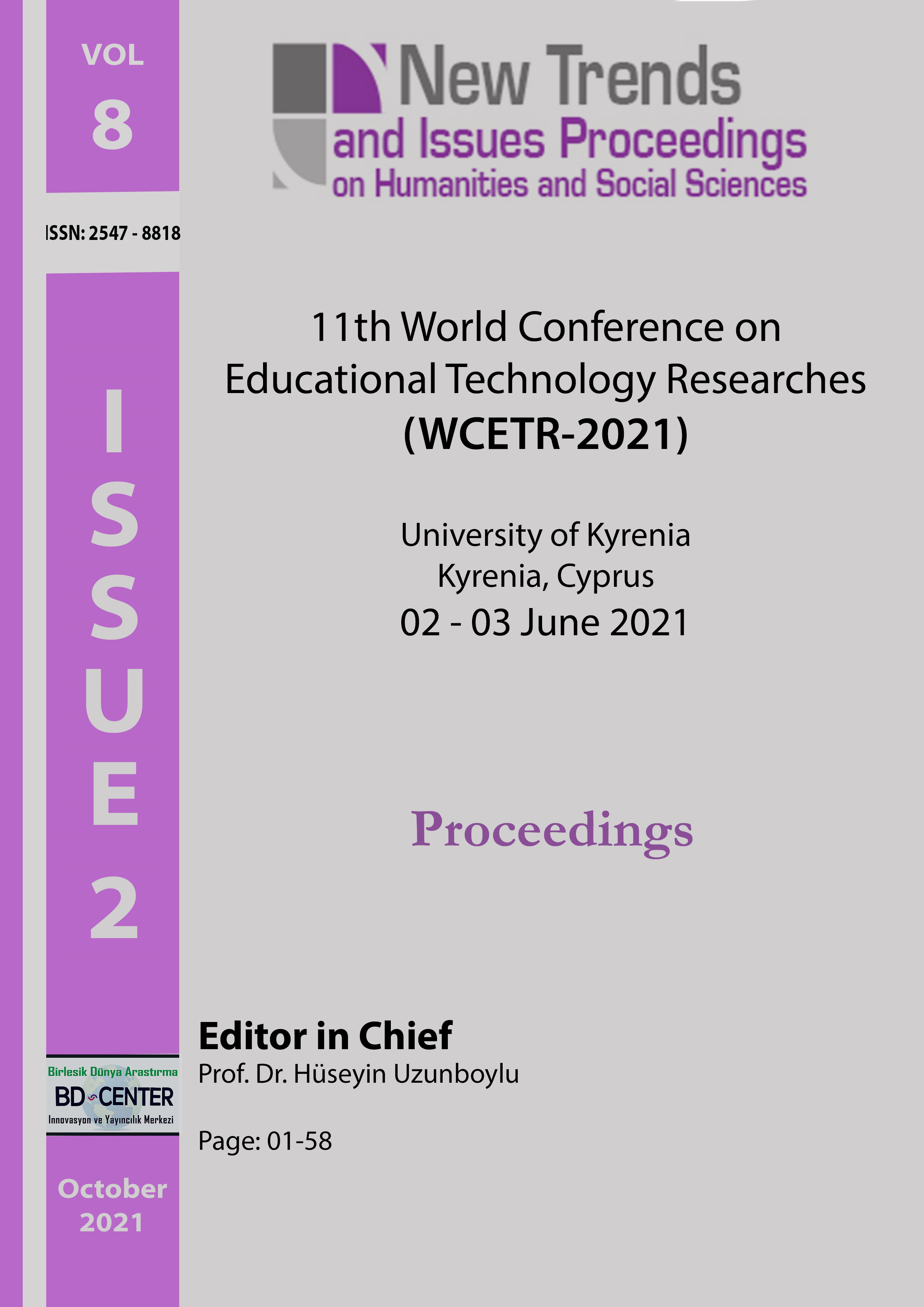Impact of digitalisation of education on human capital development
Main Article Content
Abstract
The article deals with the main issues of digitalisation of Kazakhstan’s education as a key policy of the state. The ongoing reforms are based on the development of human capital. The purpose of this publication is to highlight the results of the theoretical and experimental parts of the study. The methods used in this paper include analysis of psychological, pedagogical, socio-economic and technical literature on the research problem comparatively. From the results, it is worth noting a new level of communication between the teacher and the student, which goes beyond the classical one. These include communication features such as WhatsApp, Zoom, Messenger, email and Instagram, among others. In this regard, improving digital literacy at all levels of the education system is becoming a priority. Some recommendations made are to fill the network with a variety of information and to use modern information and communication technologies to provide a whole range of tools for communication between teachers and students.
Keywords: Internet, social networks, mobile application, IT technologies, human capital, education, smart devices.
Downloads
Article Details

This work is licensed under a Creative Commons Attribution 4.0 International License.
Authors who publish with this journal agree to the following terms:- Authors retain copyright and grant the journal right of first publication with the work simultaneously licensed under a Creative Commons Attribution License that allows others to share the work with an acknowledgement of the work's authorship and initial publication in this journal.
- Authors are able to enter into separate, additional contractual arrangements for the non-exclusive distribution of the journal's published version of the work (e.g., post it to an institutional repository or publish it in a book), with an acknowledgement of its initial publication in this journal.
- Authors are permitted and encouraged to post their work online (e.g., in institutional repositories or on their website) prior to and during the submission process, as it can lead to productive exchanges, as well as earlier and greater citation of published work (See The Effect of Open Access).
